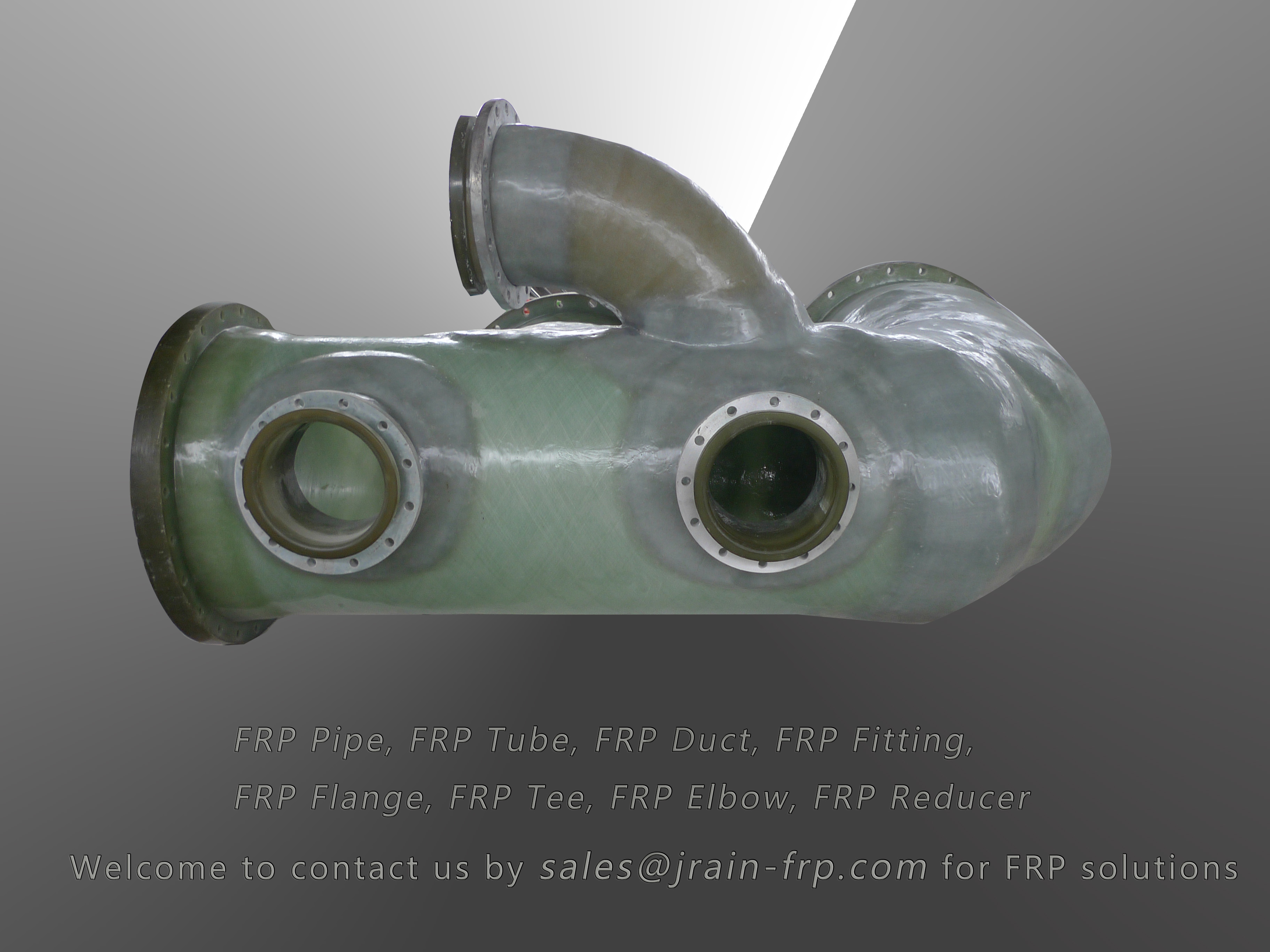
-
 Afrikaans
Afrikaans -
 Albanian
Albanian -
 Amharic
Amharic -
 Arabic
Arabic -
 Armenian
Armenian -
 Azerbaijani
Azerbaijani -
 Basque
Basque -
 Belarusian
Belarusian -
 Bengali
Bengali -
 Bosnian
Bosnian -
 Bulgarian
Bulgarian -
 Catalan
Catalan -
 Cebuano
Cebuano -
 China
China -
 China (Taiwan)
China (Taiwan) -
 Corsican
Corsican -
 Croatian
Croatian -
 Czech
Czech -
 Danish
Danish -
 Dutch
Dutch -
 English
English -
 Esperanto
Esperanto -
 Estonian
Estonian -
 Finnish
Finnish -
 French
French -
 Frisian
Frisian -
 Galician
Galician -
 Georgian
Georgian -
 German
German -
 Greek
Greek -
 Gujarati
Gujarati -
 Haitian Creole
Haitian Creole -
 hausa
hausa -
 hawaiian
hawaiian -
 Hebrew
Hebrew -
 Hindi
Hindi -
 Miao
Miao -
 Hungarian
Hungarian -
 Icelandic
Icelandic -
 igbo
igbo -
 Indonesian
Indonesian -
 irish
irish -
 Italian
Italian -
 Japanese
Japanese -
 Javanese
Javanese -
 Kannada
Kannada -
 kazakh
kazakh -
 Khmer
Khmer -
 Rwandese
Rwandese -
 Korean
Korean -
 Kurdish
Kurdish -
 Kyrgyz
Kyrgyz -
 Lao
Lao -
 Latin
Latin -
 Latvian
Latvian -
 Lithuanian
Lithuanian -
 Luxembourgish
Luxembourgish -
 Macedonian
Macedonian -
 Malgashi
Malgashi -
 Malay
Malay -
 Malayalam
Malayalam -
 Maltese
Maltese -
 Maori
Maori -
 Marathi
Marathi -
 Mongolian
Mongolian -
 Myanmar
Myanmar -
 Nepali
Nepali -
 Norwegian
Norwegian -
 Norwegian
Norwegian -
 Occitan
Occitan -
 Pashto
Pashto -
 Persian
Persian -
 Polish
Polish -
 Portuguese
Portuguese -
 Punjabi
Punjabi -
 Romanian
Romanian -
 Russian
Russian -
 Samoan
Samoan -
 Scottish Gaelic
Scottish Gaelic -
 Serbian
Serbian -
 Sesotho
Sesotho -
 Shona
Shona -
 Sindhi
Sindhi -
 Sinhala
Sinhala -
 Slovak
Slovak -
 Slovenian
Slovenian -
 Somali
Somali -
 Spanish
Spanish -
 Sundanese
Sundanese -
 Swahili
Swahili -
 Swedish
Swedish -
 Tagalog
Tagalog -
 Tajik
Tajik -
 Tamil
Tamil -
 Tatar
Tatar -
 Telugu
Telugu -
 Thai
Thai -
 Turkish
Turkish -
 Turkmen
Turkmen -
 Ukrainian
Ukrainian -
 Urdu
Urdu -
 Uighur
Uighur -
 Uzbek
Uzbek -
 Vietnamese
Vietnamese -
 Welsh
Welsh -
 Bantu
Bantu -
 Yiddish
Yiddish -
 Yoruba
Yoruba -
 Zulu
Zulu
high pressure fiberglass pipe
High Pressure Fiberglass Pipe A Durable Solution for Modern Infrastructure
In today's rapidly evolving industrial landscape, the demand for durable, lightweight, and corrosion-resistant piping solutions has never been greater. High pressure fiberglass pipes have emerged as an exceptional alternative to traditional materials like steel and concrete, offering numerous advantages for a variety of applications.
Fiberglass pipes, constructed from a composite material comprising glass fibers embedded in a resin matrix, are designed to withstand extreme pressures and harsh environmental conditions. Their high strength-to-weight ratio makes them particularly appealing for industries such as oil and gas, water treatment, and chemical processing, where reliable performance under pressure is crucial.
One of the most significant benefits of high pressure fiberglass pipes is their resistance to corrosion. Unlike metal pipes, which can deteriorate over time due to chemical reactions, fiberglass pipes remain unaffected by various corrosive substances, including acids and alkalis. This inherent resistance not only enhances the longevity of the piping system but also reduces maintenance costs and downtime, translating into substantial savings for operators.
Another notable feature of high pressure fiberglass pipes is their flexibility
. They can be manufactured in various diameters and lengths, making them suitable for both small-scale and large-scale projects. Additionally, their lightweight nature simplifies transportation and installation processes, allowing for quicker project completion without compromising on quality or durability.high pressure fiberglass pipe

Furthermore, fiberglass pipes are designed to accommodate temperature fluctuations, making them ideal for applications involving hot or cold fluids. Their ability to maintain structural integrity under varying thermal conditions adds an extra layer of reliability, ensuring that systems remain operational in diverse environments.
In addition to their practical benefits, high pressure fiberglass pipes contribute to sustainability efforts within the construction and industrial sectors. Their manufacturing process typically requires less energy compared to that of traditional piping materials, and their longevity means reduced waste over time. Furthermore, fiberglass is recyclable, which aligns with the growing emphasis on eco-friendly practices in modern industry.
As infrastructure needs continue to grow and change, the adoption of high pressure fiberglass pipes is likely to increase. They not only meet the demands of high-pressure applications but also offer significant advantages in terms of durability, maintenance, and environmental impact.
In conclusion, high pressure fiberglass pipes present an innovative solution for industries looking to enhance their piping systems. With their strength, resistance to corrosion, and lightweight characteristics, they serve as a reliable choice for modern infrastructure, ensuring efficiency and sustainability in operations for years to come. As the industry evolves, embracing such advanced materials will be key to meeting future challenges.









